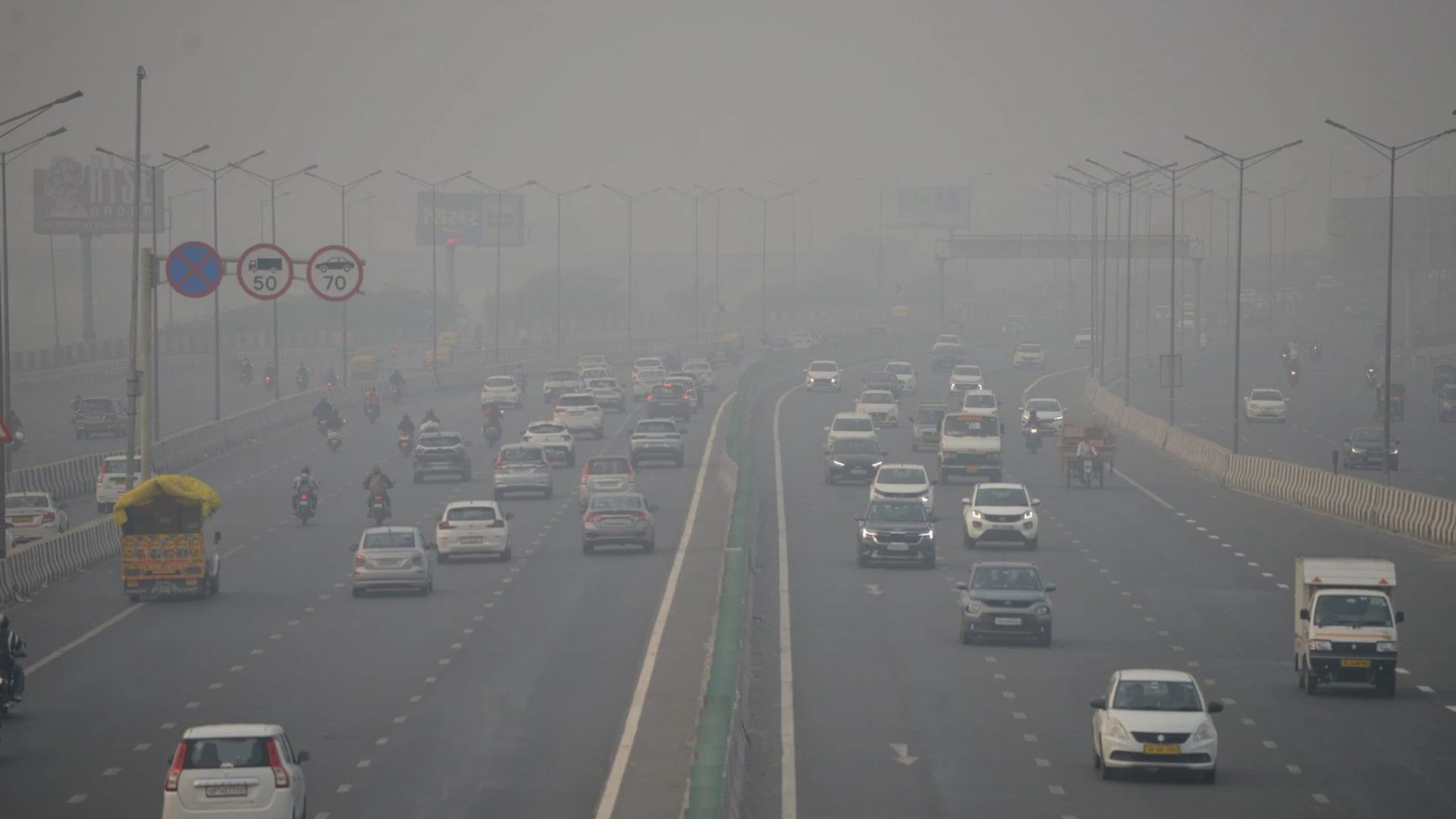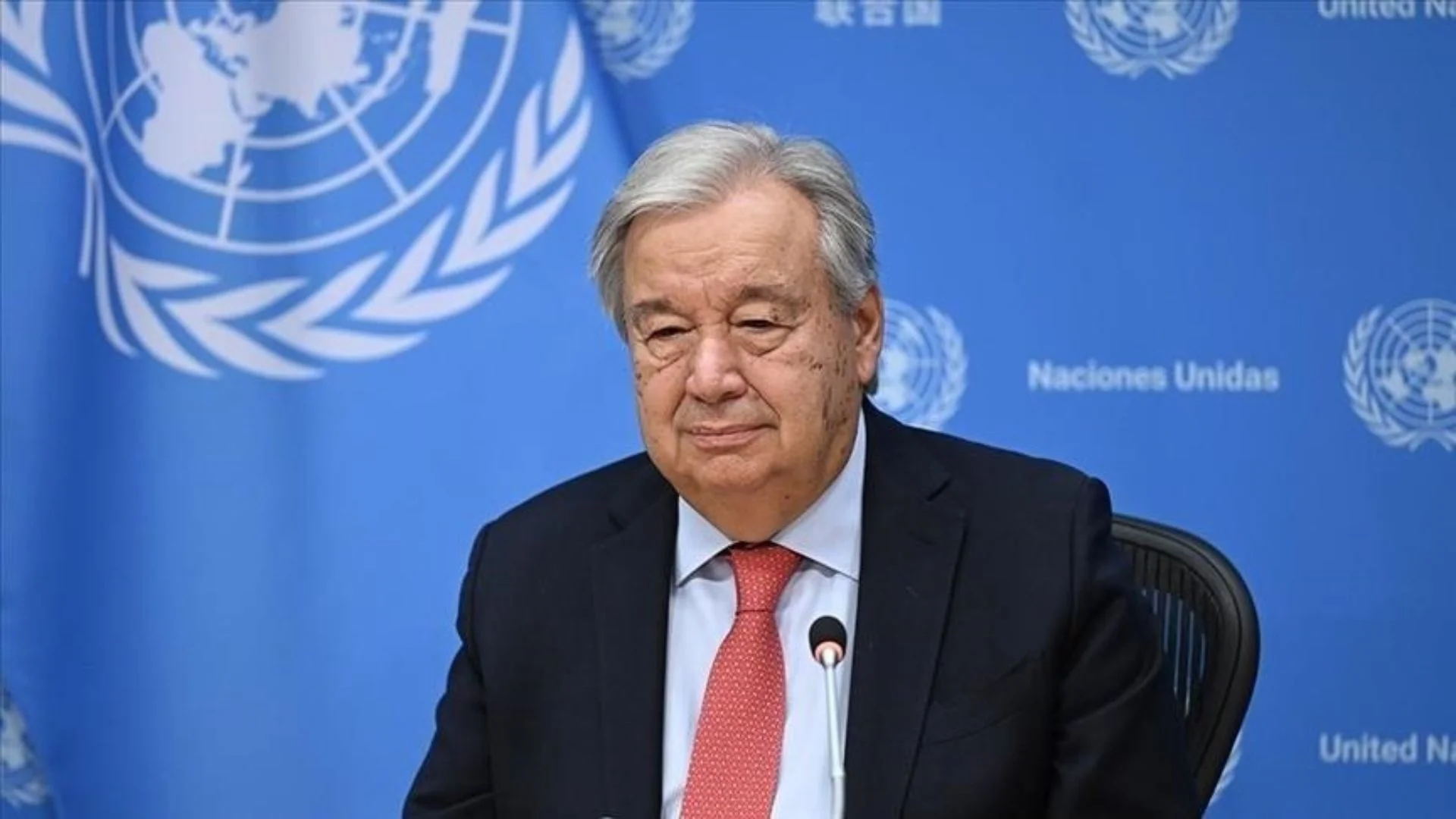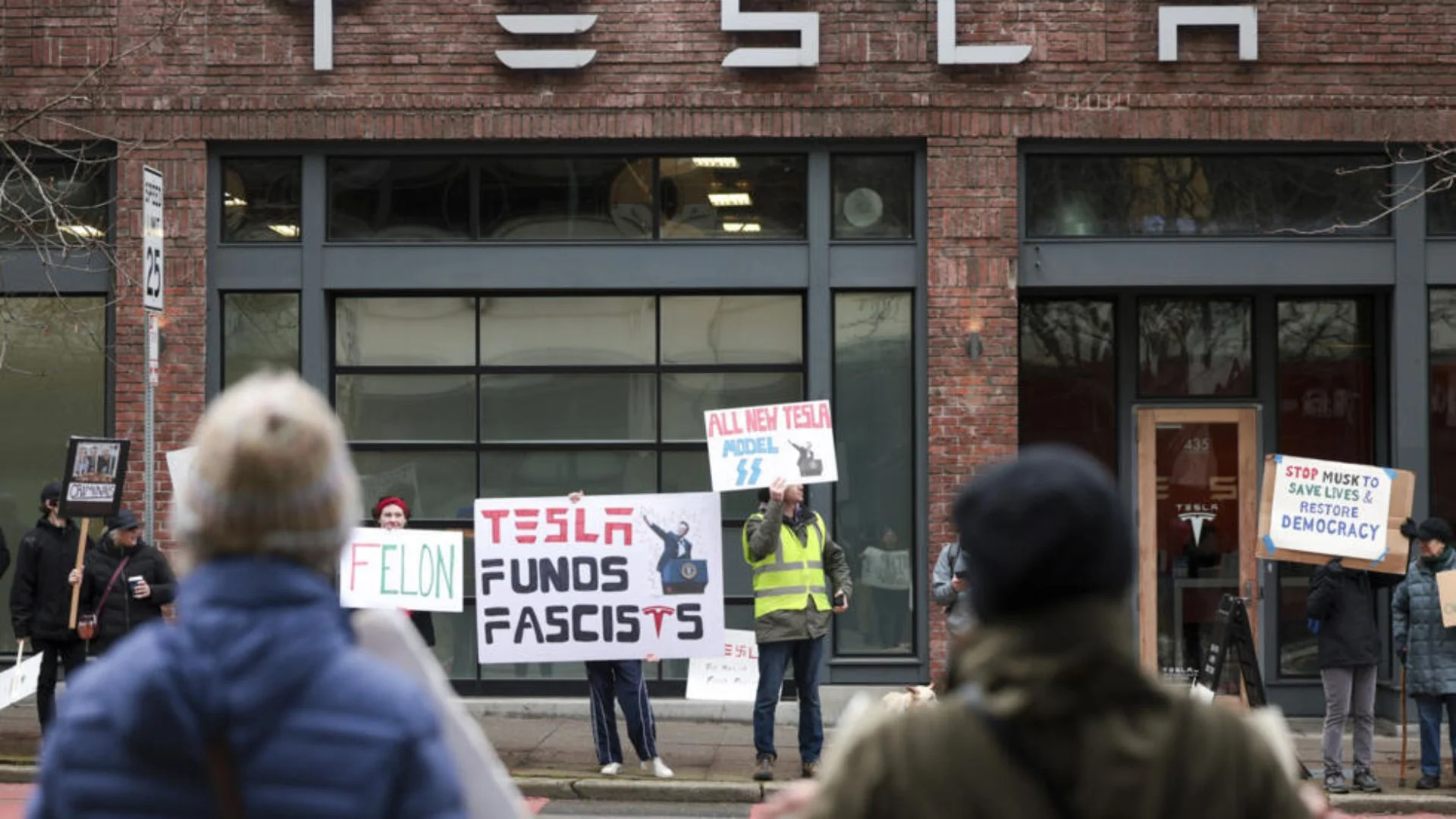Delhi and its surrounding areas have been blanketed with thick smog since early morning, causing the air quality to plunge into the ‘Severe’ category. The Air Quality Index (AQI) has crossed the 400 mark in several regions, triggering immediate concerns about public health and environmental safety.
The Commission for Air Quality Management (CAQM) labeled the dense smog as an “episodic event” and expects the situation to improve shortly. However, due to the dangerously high AQI levels, the CAQM has decided to enforce Stage III of the Graded Action Response Plan (GRAP) starting from 8 am tomorrow.
What is GRAP III?
GRAP III, or Stage III of the Graded Action Response Plan, is activated when the AQI reaches the ‘Severe’ category, typically ranging from 401 to 450. The action plan includes stringent measures to mitigate pollution and safeguard public health. Here are the key restrictions under GRAP III:
- Construction and Demolition Activities: A strict ban on non-essential construction and demolition work, with exceptions for projects crucial to national security, healthcare, and public infrastructure.
- Vehicle Restrictions: A ban on BS-III petrol and BS-IV diesel four-wheelers in Delhi and neighboring NCR areas, including Gurugram, Faridabad, Ghaziabad, and Noida.
- Diesel Generator Restrictions: Diesel generators may only be used for emergency purposes.
- Industrial Operations: Industries using non-approved fuels are banned from operating.
- Road Dust Control: Intensified mechanized road sweeping and water sprinkling will be carried out to reduce dust emissions.
- Public Transport: Increased public transport services, with promotional efforts to encourage off-peak travel through differential pricing.
Stage I and Stage II Measures for Pollutants
GRAP operates in four stages, addressing different levels of air pollution:
- Stage I (AQI 201-300 – ‘Poor’): Measures include periodic road sweeping and dust mitigation at construction sites, along with stricter vehicle checks and better traffic management. Emissions from power plants and brick kilns are also monitored. Use of firecrackers and open burning of waste is prohibited.
- Stage II (AQI 301-400 – ‘Very Poor’): In addition to Stage I actions, power generation through diesel generators is discouraged, and parking fees for private vehicles are increased to reduce private transport usage. Public transport services such as CNG/electric buses and metro services are enhanced.
Stage IV Measures for Extreme Pollution
In the event of an AQI exceeding 450 (Stage IV – ‘Severe Plus’), the following measures will be implemented:
- Truck Entry Ban: Truck traffic into Delhi will be halted.
- Construction and Demolition Suspension: Work on linear public projects, such as highways and power transmission, will be stopped.
- School Closures: Physical classes may be discontinued for students in Classes VI-IX and XI.
- Work from Home Policies: Public, municipal, and private offices may be asked to operate with only 50% staff in-office, while the rest work from home.
- Health Warnings: Vulnerable groups such as children, the elderly, and those with pre-existing health conditions are advised to stay indoors.
These measures are aimed at controlling the dangerous levels of pollution and protecting the health of residents, particularly vulnerable groups such as children and the elderly. With Delhi’s pollution levels reaching alarming heights, the implementation of GRAP III is crucial in tackling the ongoing air quality crisis.























